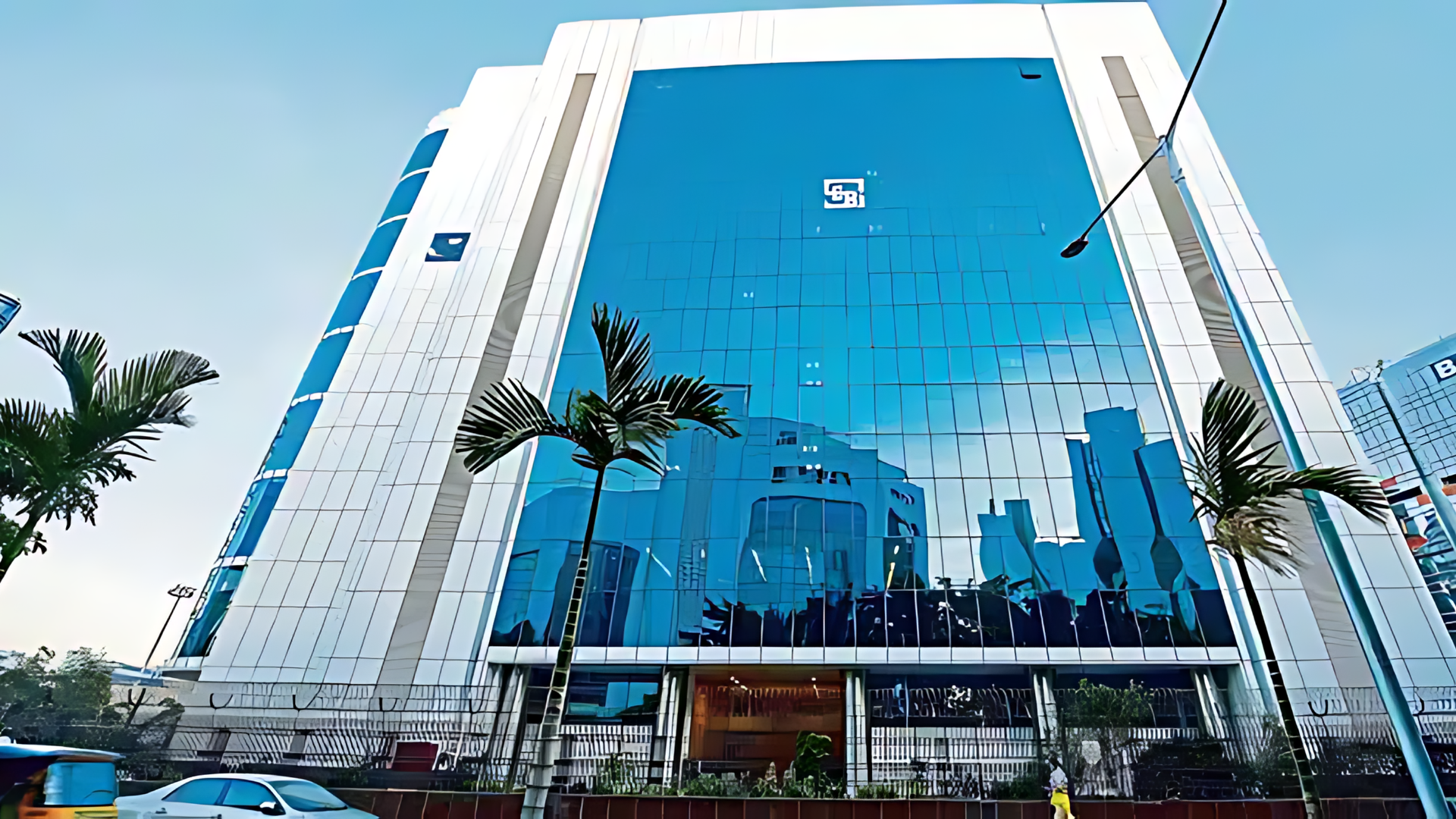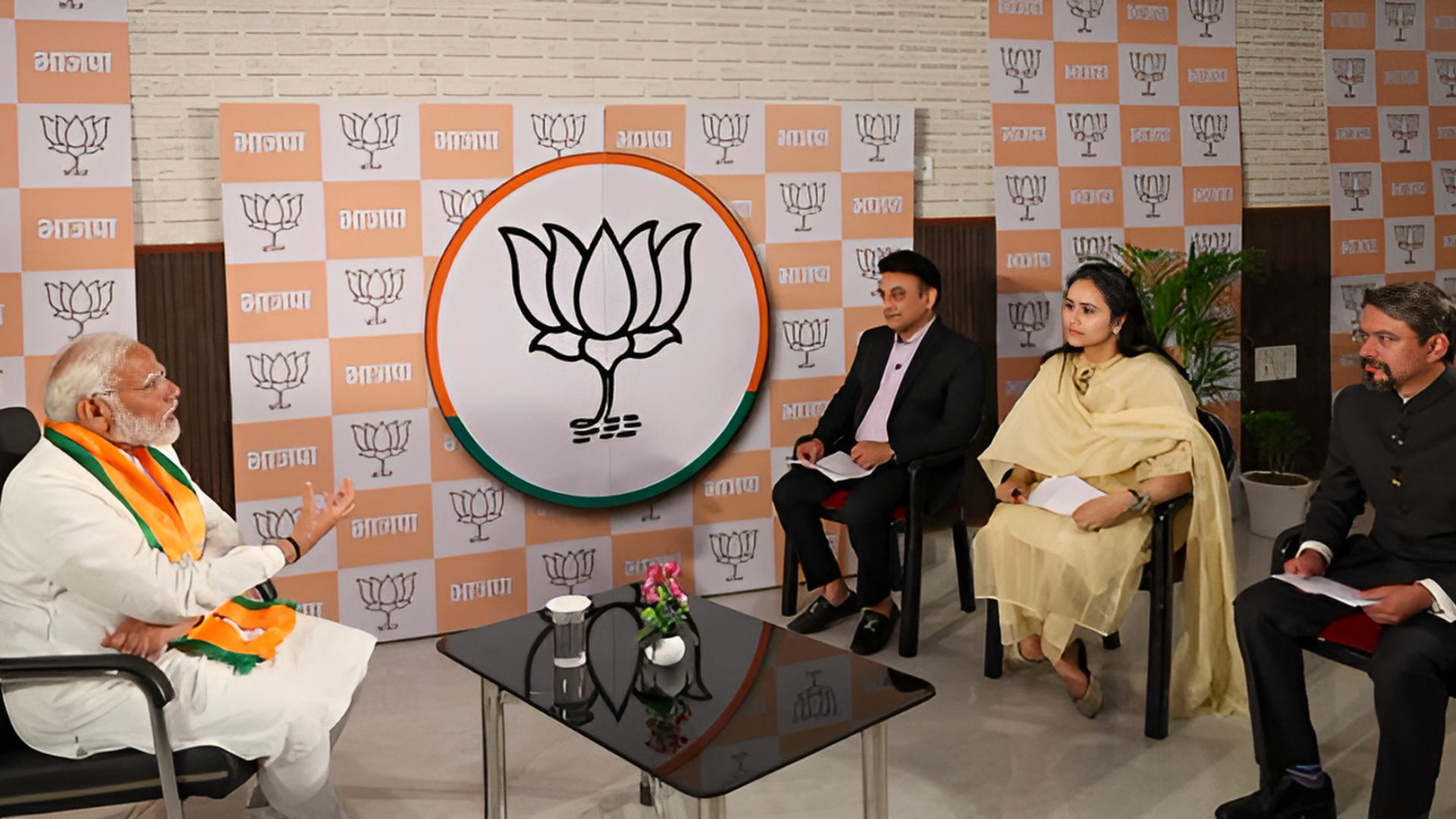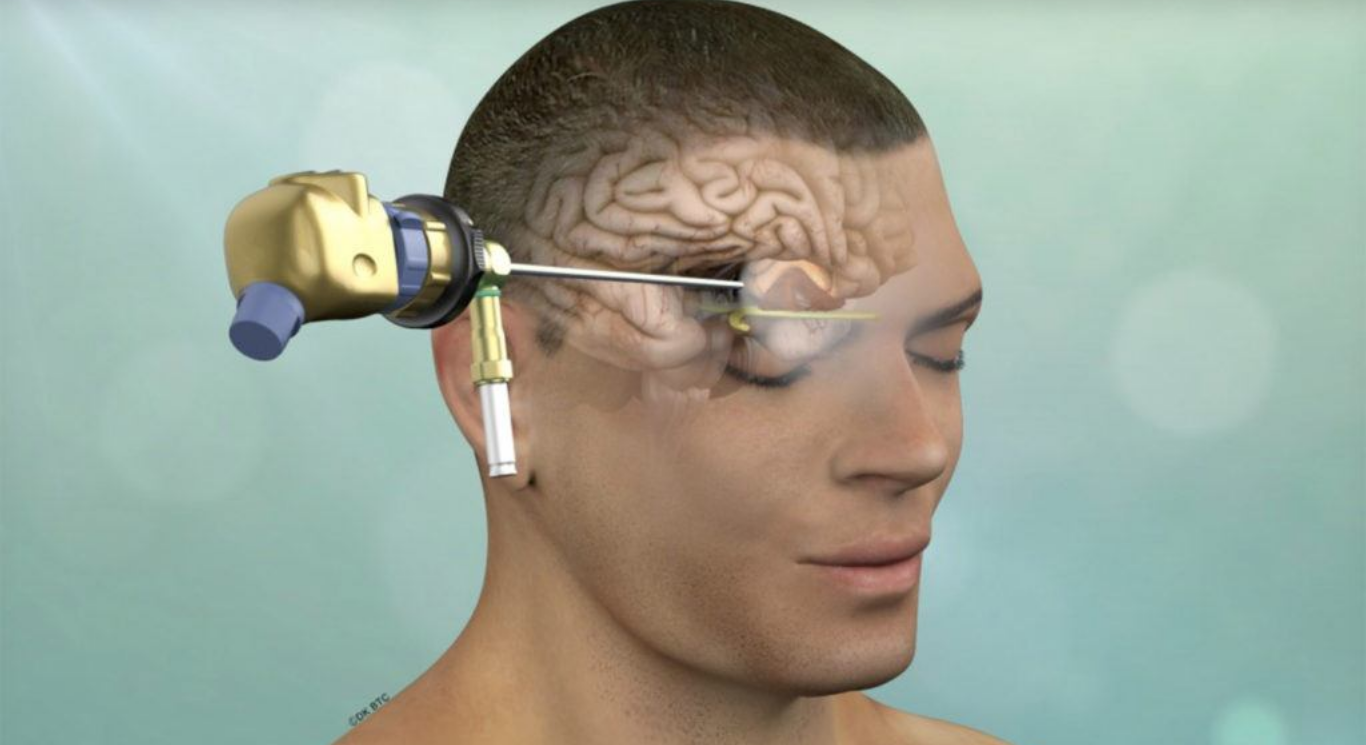










The India Namibia Centre of Excellence in Information Technology (INCEIT), created with Indian aid, was launched by External Affairs Minister S Jaishankar at Namibia University.
The centre, which is outfitted with cutting-edge IT infrastructure, is the result of India and Namibia’s collaborative efforts in development, cooperation, and capacity-building.
“It is an outcome of the development, cooperation and capacity-building partnership between India and Namibia. And it is being pursued in line with the shared desire to develop human resources, especially of the youth, and give them the right skills in the technology domain,” he said.
While addressing the inauguration event of the INCEIT, EAM Jaishankar said that it reflects the long-standing people-to-people friendship and linkages between India and Namibia.
This centre started offering courses going back to November 2019, when the Centre for Development of Advanced Computing (CDAC) provided the course materials, the reference books and much of the IT hardware and software, EAM said.
“The remaining installations were completed in very challenging circumstances during the Pandemic,” Jaishankar added.
Speaking on the trainers teaching at the INCEIT, EAM informed that six master trainers from Namibia were given training in CDAC in India.
The Centre is additionally equipped with a CDAC PARAM Supercomputer with High-Performance Computing (HPC) Applications. Now, since its deployment, the supercomputer has seen the installation of numerous application software to ensure its optimum usage.
Acknowledging the support and collaboration of the Vice Chancellor and his team, Minister Jaishankar expressed gratitude for their “unstinted support and collaboration to make this project a reality with the objective of developing industry-oriented programmes to address skill requirements in areas such as cybersecurity, big data analytics and e-governance applications and software development.”
The Centre has been able to offer courses and to train more than 275 professionals, government officials from various ministries students, teachers and researchers, Jaishankar informed.
Jaishankar also appreciated a student who won a reward in a cybersecurity competition.
“I’m happy to note that a student from this very centre has won a trophy with the first position at the 6th Namibia National Cybersecurity Competition,” Jaishankar said.
“The courses that the centre is offering are truly vital for Namibia in building a knowledge society, and this has to be done on the foundations of innovation and technology which will emerge from here,” he added.
According to Jaishankar, India’s home-developed Unified Payment Interface (UPI) has transformed digital transactions in India, boosting financial inclusion to new heights, with India accounting for 40% of the world’s real-time digital payments.
Speaking again about the INCEIT, Jaishankar stated that the center’s distinguishing feature is that it is powered by the Param Supercomputer, appropriately dubbed Arup.
The Centre also has a CDAC PARAM Supercomputer with High-Performance Computing (HPC) Applications. Since its deployment, the supercomputer has witnessed the installation of a slew of application software to ensure optimal performance.
“This centre is the latest in our strong partnership with Africa, which particularly targets the gen next in Africa and India. It has been established in several locations across the continent vocational training centres, IT centres, science and technology parks, entrepreneurship development centres and geoinformatics applications for rural development,” Jaishankar said while concluding his address.









